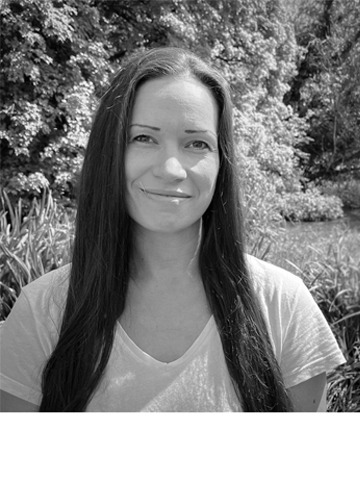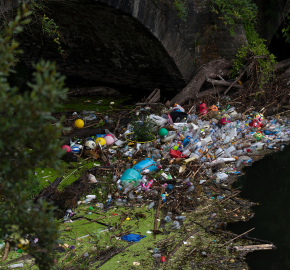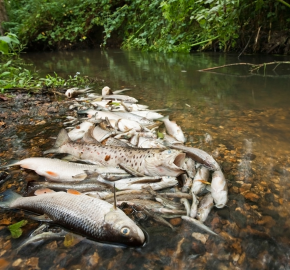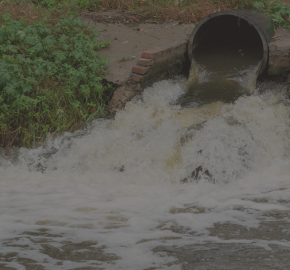A river without fish is not a healthy river: Why weakening the Water Framework Directive is a mistake
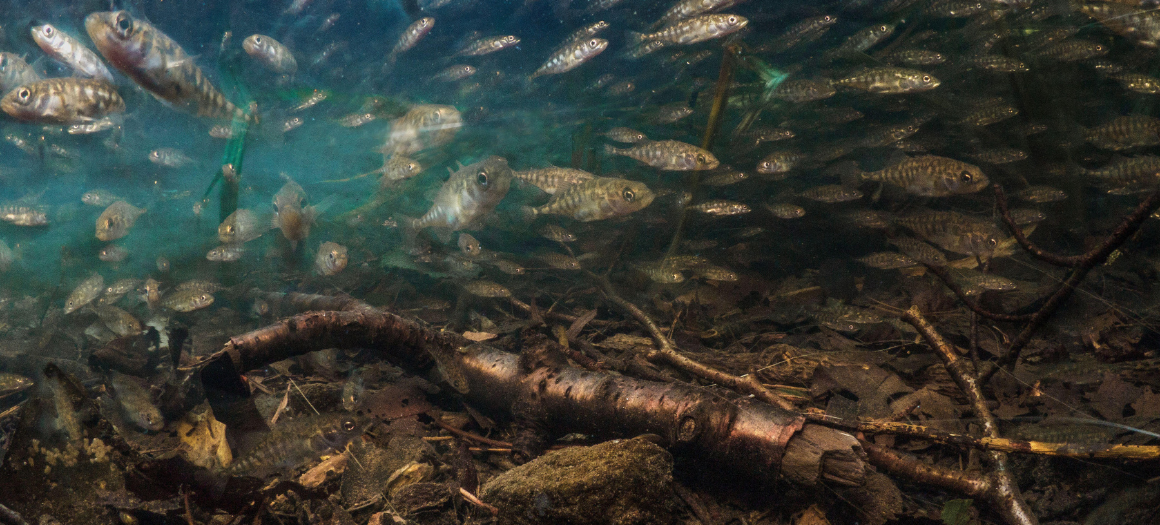
The recent Cunliffe Review suggests that the Water Framework Directive (WFD) is part of the reason for the poor state of England’s rivers. But the law is very rarely the problem; it’s the failure to enforce it. Yet instead of fixing enforcement, the review proposes to rewrite the rules and make it easier to declare rivers “healthy” even when they’re not.
The ‘One-Out-All-Out’ Rule: A vital safeguard
One particularly concerning proposal is to weaken the WFD’s ‘one-out-all–out’ rule. Under this system, a river must meet good status in all ecological elements (including fish, invertebrates and diatoms) to be classified as having good ecological status. If one element fails, the whole waterbody fails.
This is not a bureaucratic technicality. It reflects a holistic approach to river health and recognises that ecosystems are interconnected. Problems in one area often point to deeper issues elsewhere.
In 2022, only 14% of England’s rivers achieved good ecological status. Of those that failed, 57% did so due to poor fish populations. Yet 77% of individual ecological tests passed.
These numbers tell an important story. If you remove the ‘one-out-all-out’ rule, over three-quarters of rivers will pass, yet the majority will have unhealthy fish populations.
Why fish matter
Fish are key indicators of river health. They are sensitive to a wide range of pressures including pollution, habitat loss, temperature changes, altered flow, and disrupted connectivity. Even when water appears clean, fish may still struggle to survive or reproduce if the flow is too low, habitats are degraded, or migration routes are blocked.
Crucially, multiple small pressures, which might not cause failure on their own, can combine to create conditions that are unliveable for fish. This is exactly what the “One Out, All Out” rule is designed to capture. It ensures that we don’t overlook problems just because they fall below official thresholds. Instead, it requires us to consider the full picture and how different pressures interact in the real world to cause a “death by a thousand cuts” for fish and other wildlife.
Don’t move the goalposts: fix the problem
Weakening the ‘one-out-all-out’ rule will not help rivers recover, it will simply move the goalposts. It will create the illusion of progress without actually solving the problems.
If fish are in trouble, it’s because the ecosystem is in trouble. That means we need to reduce abstraction, restore habitats, and reconnect fragmented rivers, not relax the standards designed to highlight ecological failure.
If this government is serious about tackling the biodiversity crisis and restoring England’s rivers, the answer isn’t to rewrite the rules. It’s to enforce the ones we already have. The ‘one-out-all-out’ principle may be tough, but it’s tough for a reason. It holds polluters and policymakers to account and gives us a true measure of how healthy our rivers really are.

